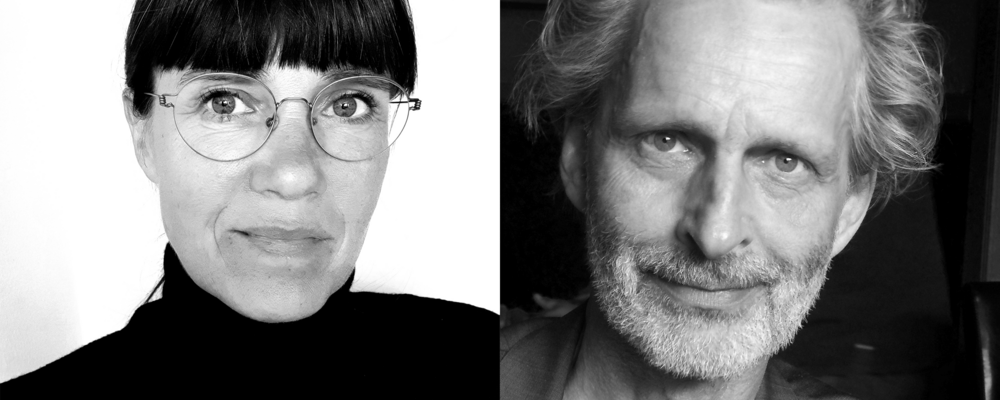On 24 October, the Swedish Research Council announced which projects it would be funding in the field of artistic research for the period 2023–2027.
In one of these projects, composer and professor Ole Lützow-Holm will delve deeper into his prior research on the complex of problems related to the way a musical work is typically viewed as a fixed concept in which the score is to be followed without deviations or interventions. Lützow-Holm is now engaged in a research collaboration with the philosopher Jonna Bornemark. With the help of feminist theoretical constructs and Bornemark’s writings on human judgement, they will be studying composition together based on a freer philosophical creativity that moves beyond the authoritarian structure of the way music is treated today.
“With the help of Bornemark’s philosophical ideas,” says Lützow-Holm, “I will try to compose music that is open to a freer interpretation in which I use my unknowing, my curiosity and wonder, to create music with an ambiguous sound in an accessible and inspiring format.”
One of the purposes of the research is to problematise the tradition in music in which students learn early on to adhere strictly to the musical score instead of seeing the musical notation as a suggestion. The new deeper study in this research will be to overlay a philosophical perspective in the creation of music that encourages the musician to have a more playful relationship with the piece.
Cecilia Lagerström’s research aims to create a new perspective on the colonial history of the city of Gothenburg based on the sugar industry’s activity there during the eighteenth and nineteenth centuries. She uses theatrical studies to create new ways of viewing history that give expression to corporeal, relational and pluralistic perspectives.
...we’re going to create a new map of Gothenburg based on the historical traces of the sugar industry using critical and creative historiography.
“With help from several artistic researchers and artists, both local and international, we’re creating a variety of different documentary works,” says Lagerström, who is a professor of performance practices. “These could be films, for example, or scripts, participatory walks or performance art. I believe we’re going to create a new map of Gothenburg based on the historical traces of the sugar industry using critical and creative historiography.”
What does the Research Council’s funding mean for your projects?
“It makes it possible now to fund the effort so we can work both with more ease and with more concentration,” says Lützow-Holm, “and it allows us to benefit from Jonna Bornemark, musicians and focus groups. It also includes funding for holding conferences and seminars going forward.”
“It means a great deal,” says Lagerström. “I have worked previously with a shorter international project about colonial themes in which I was invited to be one of the co-researchers. Since then, I haven’t been able to stop thinking about the sugar industry and the paths it made through our city and the way we think even today. I’ve been poking around that research idea for two years. With this funding, it is finally possible to do the work, because now I can invite in all the relevant stakeholders and focus whole-heartedly on the project.”
